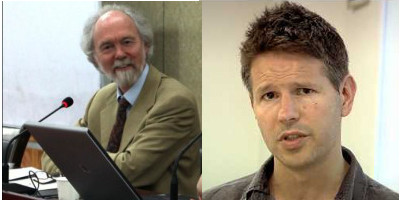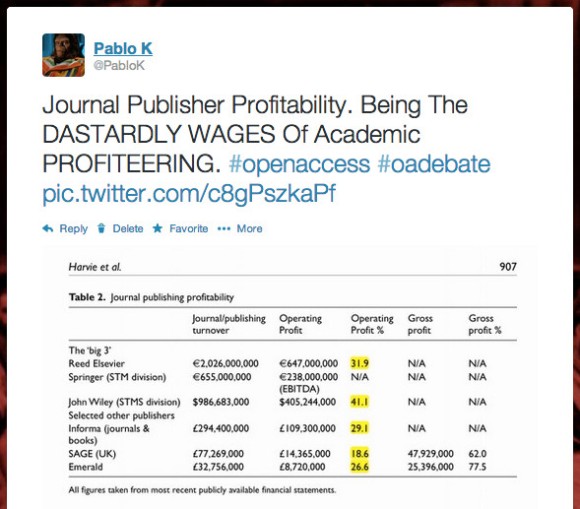 This is the fourth comment, following Laust’s opening post, by Benjamin de Carvalho. Benjamin is a senior research fellow at NUPI. His research interests are, broadly speaking, between three fields: He works on issues of broader historical change such as the formation of the nation-state in Europe, sovereignty, and the role played by confessionalization and religion.
This is the fourth comment, following Laust’s opening post, by Benjamin de Carvalho. Benjamin is a senior research fellow at NUPI. His research interests are, broadly speaking, between three fields: He works on issues of broader historical change such as the formation of the nation-state in Europe, sovereignty, and the role played by confessionalization and religion.
The other posts for this forum are available here.
Laust Schouenborg invited me to take part in this symposium on his latest book, a request I was thrilled to accept, given that the book had for some time already been on the list of books I wanted to read. Having now read and engaged with Schouenborg’s work, I am very glad I accepted.
International Institutions in World History (IIWH) is an ambitious and thought-provoking work, which I would recommended to any scholar of IR seeking to understand not only the world beyond the state, but also our current predicament. I found his emphasis on social institutions stimulating and on the whole convincing, and really believe he is onto something. That being said, as he himself concludes, the book marks the beginning of an endeavor rather than its end. And as is the case with any broad claim, the proof of the pudding lies in the eating. Schouenborg’s three cases, while illustrative of his claim about the “universality” of his institutions, nevertheless leave something to be desired. Granted, nomad Central Asia, Polynesia, and the Central African rainforest are pretty much as remote places as one could have picked to engage on such a trip of discovery from New York and Roskilde. And if his framework of international institutions can be found (or even be useful in analyzing) there, then they must be at least fairly universal, is the thought. But then again, while illustrating their occurrence, their utility to the analyst is to me still a bit unclear. While it does structure his accounts, it seems to me that the analysis could have been brought further. Furthermore, for the whole framework to knock out the state (or polities, for that matter) altogether, the book would also have had to tackle some more common cases and demonstrate its utility by superimposing the findings to those of other works in a more sustained and systematic way. Continue reading











